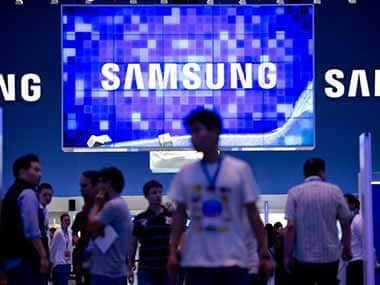Samsung and Mozilla have announced that they are working on a new web browser engine with an advanced technology. The Web browser engine will be called Servo. A web browser engine is what powers a Web-browser. It is also known as rendering engine since this is what helps the web browser ( which is an application) render pages. It is a software component that takes marked up content (such as HTML, XML, image files, etc.) and formatting information (such as CSS, XSL, etc.) and lays them out on the screen. More details here. According to an official blogpost written by CTO of Mozilla, Brendan Eich,
Servo is an attempt to rebuild the Web browser from the ground up on modern hardware, rethinking old assumptions along the way. This means addressing the causes of security vulnerabilities while designing a platform that can fully utilize the performance of tomorrow’s massively parallel hardware to enable new and richer experiences on the Web. To those ends, Servo is written in Rust, a new, safe systems language developed by Mozilla along with a growing community of enthusiasts.
The post also states that Servo and Rust programming will come to Android and ARM and that Samsung has already contributed an ARM backend to Rust and the build infrastructure necessary to cross-compile to Android, along with many other improvements. [caption id=“attachment_686191” align=“alignleft” width=“380”]  Samsung logo is seen in this file photo. AFP[/caption] The Firefox browser currently runs on the Gecko, Web browser engine by Mozilla. Google Chrome and Safari use the WebKit Web browser engine. However Google has announced that it will be using Blink for Chrome, which is a new open source rendering engine based on WebKit. According to Google’s blogpost, Chromium uses a different multi-process architecture than other WebKit-based browsers, and supporting multiple architectures over the years has led to increasing complexity for both the WebKit and Chromium projects. This has slowed down the collective pace of innovation - so today, we are introducing Blink, a new open source rendering engine based on WebKit. Both announcements are significant as it seems that the companies are looking to create Web browser engines that will support faster smartphones. It has also sparked off rumours that Samsung with this Mozilla partnership is trying to hedge its best beyond Google and the Android universe. Samsung is due to launch smartphones running, the open-source OS Tizen, this year in August, according to this post on Cnet. As this post on Techland, points out, If Samsung were to decide to yank out Chrome and swap in a future version of Firefox built on Servo, the new browser would instantly have an enormous user base. It’s premature to think that Samsung is even contemplating such an option, but it’s fun to think about. Mozilla also announced enhancements to the FireFox browser recently. The new features allow users to open a private browsing window without closing or changing your current browsing session. The feature now also available on FireFox for Android. Firefox also has a new Download Manager in the Firefox toolbar, so users can monitor, view and locate downloaded files without having to switch to another window. Watch FireFox video:


)

)
)
)
)
)
)
)
)



